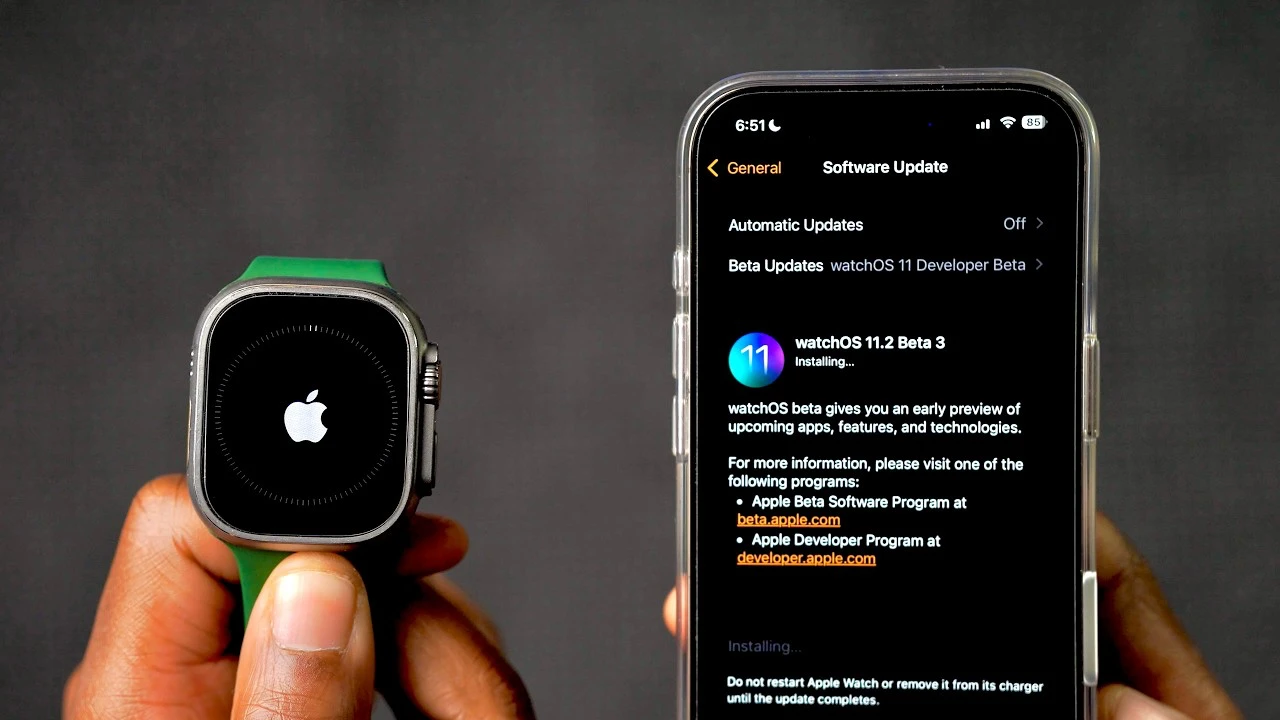
The United States Department of Justice on Wednesday argued in court that Google must sell Chrome, its flagship browser, to break what officials say amounts to a monopoly on online searches. Experts say the sale of a browser used by millions could have far-reaching impacts on the way people use the internet, and even help reshape what browsers of the future might look like. The measures presented by the Department of Justice are part of a landmark case in Washington which has the potential to reshape how users find information.
The proposed measures would be in place for up to a decade, enforced via a court-appointed committee to remedy what the judge overseeing the case deemed an illegal monopoly in search and related advertising in the U.S., where Google processes 90 per cent of searches.
Carmi Levy, a technology analyst, said if Google is forced to sell Chrome, the implications could be “seismic” and lead to uncertainty. “This could be the industry’s next Y2K if it comes to pass because so many workflows, so many apps, so many services rely on Chrome as a foundation. And if Google is no longer in position to maintain Chrome as that foundation, the entire industry is going to have to pivot,” he said.
Levy said any potential buyers would have to have “deep pockets” to maintain a global resource such as Chrome. “It can’t be a small tech startup. They have to have very deep engineering capabilities and that means it’s a very short list.
Frankly, I think Microsoft is at the top of that list.” Levy said it might be some time before users notice a difference. “In the short term, nothing changes,” Levy added.
“But longer term, it’s difficult to see where that’s going to go,” he said, adding that the user experience of the browser could change depending who buys the browser and how they treat your private data. The DOJ’s proposals include ending exclusive agreements in which Google pays billions of dollars annually to device vendors to make its search engine the default on their tablets and smartphones. Google called the proposals staggering in a statement on Thursday.
“DOJ’s approach would result in unprecedented government overreach that would harm American consumers, developers, and small businesses – and jeopardize America’s global economic and technological leadership at precisely the moment it’s needed most,” said Kent Walker, chief legal officer for Alphabet, which owns Google. Matt Hatfield, executive director of Canadian digital rights group OpenMedia, told Global News that deals around which platform is offered as your default browser aren’t geared towards helping consumers. “They’ve struck deals that are beneficial perhaps to those companies and to them, but not necessarily to the consumer or to innovation in the end,” he said.
Hatfield said consumers could start seeing their smartphones offering them more choice. “You would find rather than getting a new Android phone and just finding Chrome by default..
. your phone might say, here’s three different browsers I can download for you. Which of them do you want me to do that with?” Philip Palmer, vice president of the Canadian Internet Society, said there could commercial implications.
“We may be looking at more expensive cell phones. At the moment, Google pays billions of dollars a year in order to be the browser of choice on Android phones. If those subsidies are kept out, then obviously the price for the phone goes up,” he said.
He said Google’s hold on the advertising industry could also loosen. “Because Google Chrome is in a largely monopolistic position, can command very high advertising prices. If there is greater competition, if this is divested.
The assumption is that the monopoly on those advertising rates will collapse and the advertising rates fall.” Levy said it might be time for some users to start using different browsers for different purposes. “In case the worst does happen, and Chrome is split off from the parent company, at least you’ll be prepared, and you’ll be less disrupted than you would otherwise be if you were starting from scratch,” he said.
Hatfield said you can start by splitting browsers for work or personal use. “I think using different browsers for different things is already a good habit. I personally use a different personal browser versus work browser.
I think people should consider that and it’s probably a good idea to get a sense of how different browsers work,” Hatfield said. For users wondering where to start, he has suggestions. “Firefox and Opera are two leading ones (browsers) that I would recommend.
And then on the search engine side, DuckDuckGo is a privacy-respecting search engine people should try out.” If a tech giant like Google is knocked out of the market, Levy said users can expect a rise in the number of new browsers. “It opens up a lot of room, puts a lot of oxygen into the market.
You can expect a lot of competitors and startups will be circling the waters like sharks looking for opportunity,” he said. In tech terms, a “walled garden” is a term used to describe ecosystems that tech giants like Google or Apple use to get you to keep using their products. “If you’re part of the Apple ecosystem or the Google ecosystem, it’s possible, but a lot trickier to get your devices from one side to talk to the other side than to get them working with other Apple or Google products,” Hatfield said.
He said the browser is one brick in that walled garden. Removing Chrome from Google’s hands could make it easier for users to jump metaphorical ecosystems in the long term. Levy said this could lead to innovation in the browser space, with more browsers competing for the same pool of users.
“Take a look at the browser you use today. It really has not changed all that much in 20 years. Maybe this is the catalyst for actual true change, actual innovation on the devices that we use every day.
” Palmer said the forced sale of Google Chrome is likely. Antitrust laws have been used in the past to break up industries in many different sectors. He said there’s no reason why that can’t be applied to big tech.
“The last few years have seen a revival of what the Americans call antitrust law. And, in particular, the taking on of these big tech monopolies. And in the view of the Department of Justice in the United States, the correct remedy is divestiture of monopoly assets.
” Levy said in the long run, this could hurt Google’s artificial intelligence push. “Google needs its existing businesses to fire on all cylinders so that it can afford to invest in artificial intelligence,” he said. This is why, Levy said, Google will not give up without a fight.
And it could be a while before Chrome changes hands. “It’ll probably be years, if not a decade or more, before we see final resolution,” he said. — with files from Reuters.














